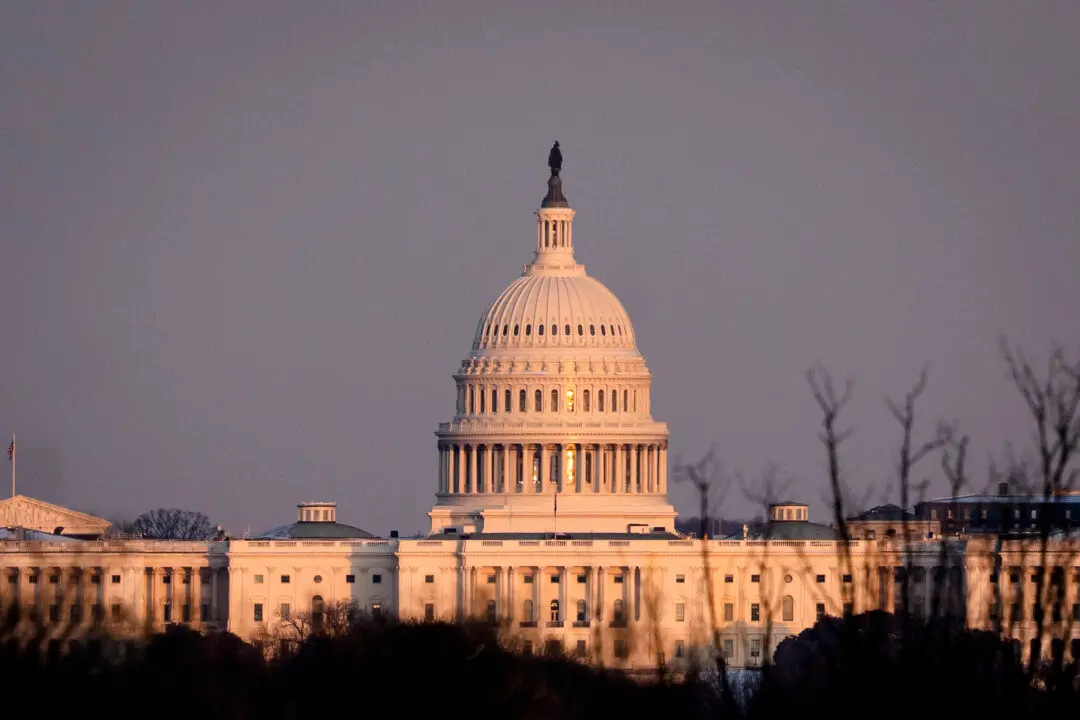Speaker of the House Nancy Pelosi’s (D-Calif.) controversial House mask mandate has been lifted ahead of President Joe Biden’s March 1 State of the Union address.
Capitol Physician Brian Monahan announced the changes to the law in a Sunday notice obtained by The Epoch Times, in which he said that CCP (Chinese Communist Party) virus infection rates at the U.S. Capitol are down to just 2.7 percent, lower than the 4.7 percent infection rates in the larger Washington metro area.





